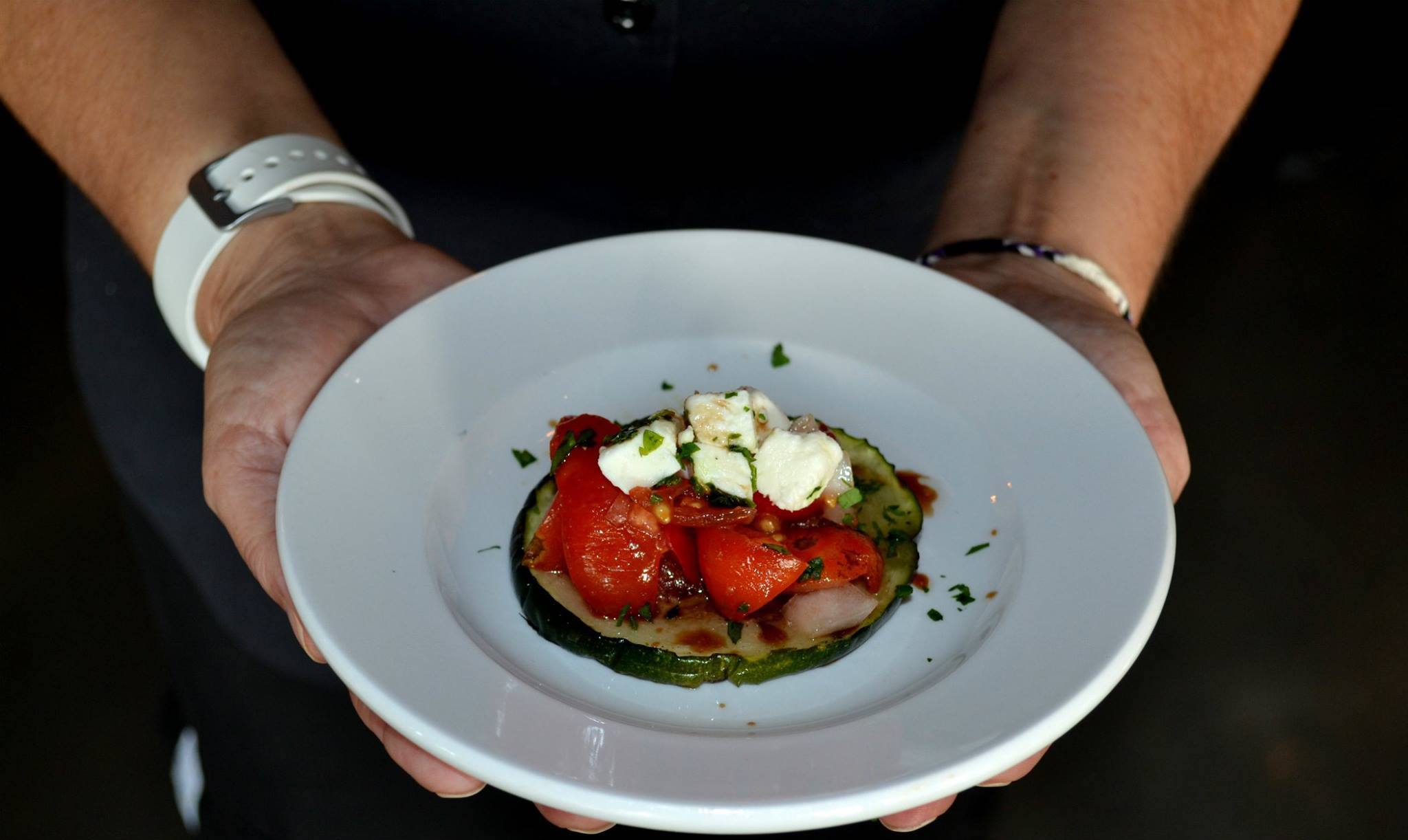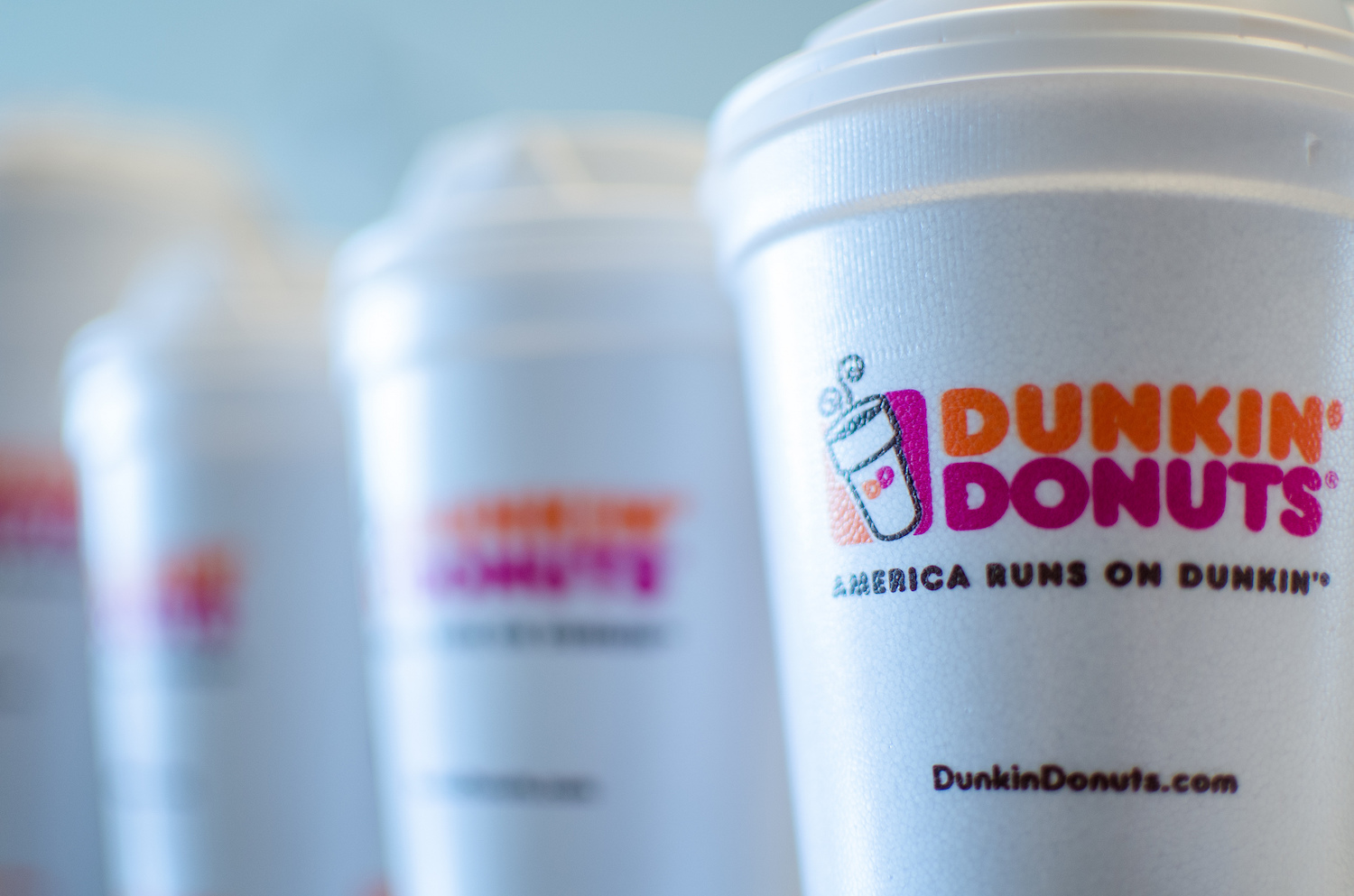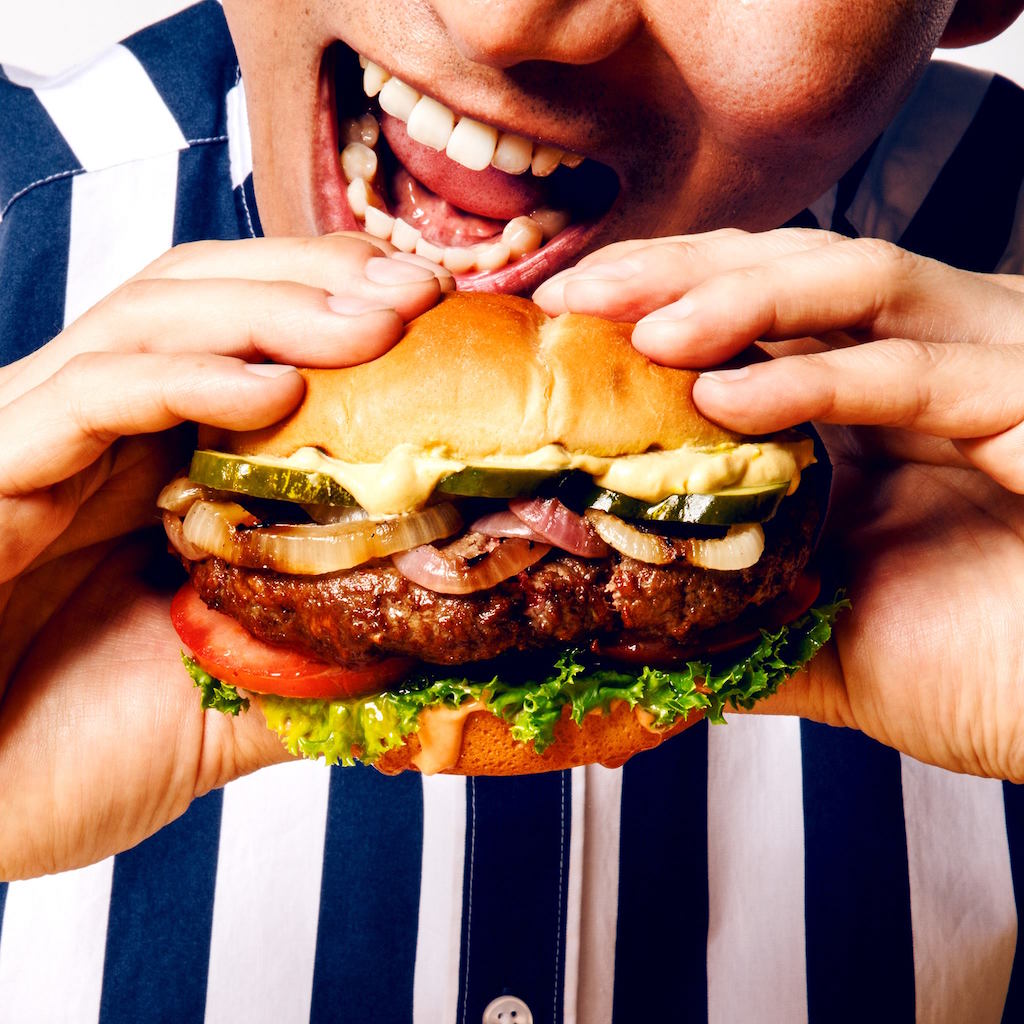
JBJ Soul Kitchen
This is the web version of a list we publish twice-weekly in our newsletter. It comprises the most noteworthy food stories of the moment, selected by our editors. Get it first here.
Farmer/gamer. First there was SimCity. Now there’s Sim Farm? Well, something like that. The PC game series Farming Simulator 19 sold 1 million copies in the first 10 days it was available last year, according to The Verge, which also reports that competitive farming simulator events are drawing big crowds of ag-onlookers who want to ogle champion hay-bale stackers as they do their thing inside, on screens, rather than outside in fields. And that’s got the big e-sports leagues run by game developers taking note. To wit: $280,000 in prize money will be on offer in a competitive farming simulator tournament being sponsored by the likes of Logitech and Intel. While fans of guns-and-ammo games like Fortnite aren’t likely to convert en masse to the more agrarian online pursuits of livestock breeding and selling farm assets, there does appear to be an ever-increasing market for a kinder, gentler—or, at the very least, more pastoral—gaming experience.
Food for feds. As the partial government shutdown drags on and federal employees are poised to miss their second paycheck, advocates have rushed to provide emergency food assistance to those affected. Lines for José Andrés’ free meals stretched down the block in Washington, D.C., and the chef on Tuesday announced he’d be expanding operations nationwide. Musicians including Jon Bon Jovi and KISS offered free meals from restaurants we never knew they owned, and filmmaker Michael Moore offered free popcorn, soda, and admission for federal workers at his two Michigan movie theaters. Our favorite: the International Brotherhood of Electrical Workers has offered to send food trucks serving free pizza and burgers to the airport for TSA workers. Philadelphia union members will rally on Friday in support of TSA employees, who can’t strike without fear of losing their jobs.
Long, dark tunnel. Speaking of the shutdown, federal workers aren’t the only people that may face a long, wait for financial relief. States issued SNAP benefits (formerly known as food stamp) benefits earlier than usual as part of an emergency funding plan, and it’s not clear that all recipients got the memo. They’ll now have to make those dollars stretch all the way through the month of February—more than 50 days for some, according to an analysis by the Center for Budget and Policy Priorities—and there’s no official plan for what’ll happen if the impasse persists into March. Recipients of SNAP dollars typically spend three-quarters of their benefits in the first two weeks after they’re issued, according to the study.
Canadian bacon, hold the bacon. Canada’s new dietary recommendations may ruffle some feathers in the animal ag sector, the Canadian Broadcasting Corporation reports. The Canadian government on Tuesday issued its “radically new” food guide, and it contains a few notable changes. The government is no longer recommending a daily dose of milk, and the guide ditches traditional food groups for new, nutrition-based categories like “protein.” It also encourages people to choose plant-based proteins more often. New U.S. dietary guidelines are due in 2020.
Tomorrow is already here. When Marriott hotel workers went on strike last year, they demanded higher pay, better health care, buyout packages, and a promise that they wouldn’t be automated out of a job. “People go to a bar to vent, to have experiences, to ask questions,” a bartender at a San Francisco hotel said. “How are you going to do that with a robot?” If theirs seems an unusual request, remember that hotel workers, unlike baristas or salad-tossers, expect to have a lifetime career, which forces them to look years ahead, Sidney Fussell writes for CityLab.








